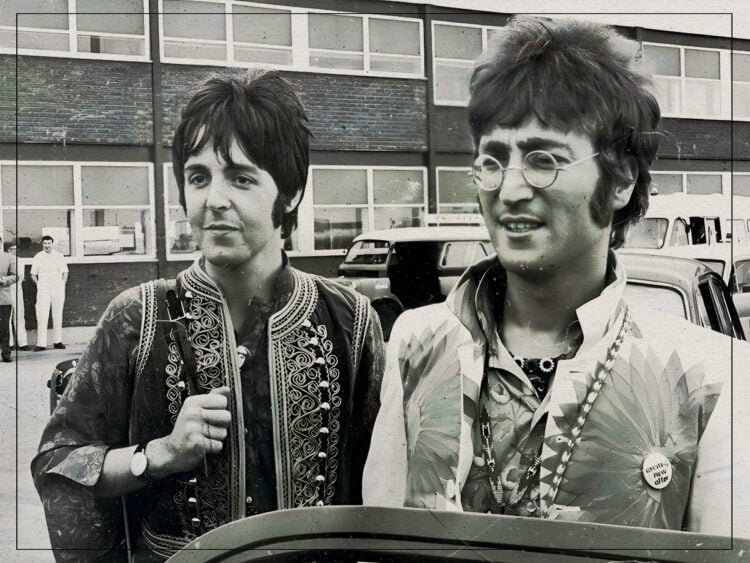It takes a lot to topple an empire, and by the late 1960s, The Beatles had a colossal one stretching from Blackburn to Bhutan, with more power than some dictators. It would have taken something very special to depose the Fab Four from that throne.
Across the Atlantic, the 1960s saw the dawn of another empire in Detroit that would rule the pop charts as a collective. With the founding of Motown, Berry Gordy Jr’s label started in the tail-end of the 1950s as Tamla, no time was wasted in their launching of now-iconic artists, from Little Stevie Wonder to Diana Ross and The Supremes, shaping the American pop sensibilities.
A threat to statistical supremacy but also respectable, The Beatles and Motown shared a relationship akin to Robert De Niro and Al Pacino in Heat. Detroit’s infectious R&B and soul sounds played a huge role in inspiring the band, so much so that they chose to record three Motown covers for their 1963 album With The Beatles. In return, Gordy’s business instinct offered the group reduced royalty rates, in the hopes that their versions of tracks like ‘You Really Got a Hold on Me’ would elevate Motown’s reach in the UK.
Even when The Beatles began to move away from that pop-centric sound of their early years, exploring vast and innovative avenues of psychedelic inspiration on records like Revolver, the band continued to pay homage to Gordy’s label with tracks like ‘Got to Get You into My Life’. By that time, though, The Beatles had well and truly eclipsed Hitsville USA, both commercially and artistically.
Few releases captured the extent of the Fabs’ success quite so all-encompassingly as the 1968 single ‘Hey Jude’, an irrefutable masterpiece of songwriting by Paul McCartney. The non-album single ended up being the band’s first release on their very own Apple label, and it was rewarded with unprecedented success all across the globe. It fared particularly well in the US, where its nine-week run at the top of the singles chart made it one of the most successful singles in US history at that point.
In fact, its nine-week run at number-one was record-breaking at the time, and it remained the longest-charting number-one in America until years later, when Debbie Boone’s ‘You Light Up My Life’ bizarrely spent ten weeks at the top spot. ‘Hey Jude’ might have extended its incredible run at the Top of The Pops too, were it not for The Beatles’ old friends at Motown Records.
Motown’s commercial power arguably peaked in the mid-1960s, during the era of Holland-Dozier-Holland masterpieces like ‘Baby Love’, ‘Heatwave’, and ‘Reach Out’, but, when the trio left the label in 1968, Gordy and the gang were forced to adapt. The Supremes, as the label’s flagship act, were particularly affected by the songwriters’ departure, and so a lot of resources were poured into keeping the Diana Ross-fronted outfit in the pop consciousness, which eventually produced the track ‘Love Child’.
A controversial classic, dealing with the topic of teenage pregnancy, the song became an unlikely hit for The Supremes and Motown, marking a high point of the post-Holland-Dozier-Holland years. In fact, the song proved so popular with mainstream audiences that it reached number one on the singles chart, pushing ‘Hey Jude’ off the top spot for the first time in nine weeks.
It is fair to say that ‘Hey Jude’ had the last laugh; ‘Love Child’ didn’t achieve nearly the same degree of critical or commercial success upon its release, and the songwriting quality certainly doesn’t match up to McCartney’s magnum opus. Nevertheless, the fact that the single was able to depose The Beatles from the top spot, at the peak of their relevancy, is reflective of the all-encompassing power of the Motown empire.
